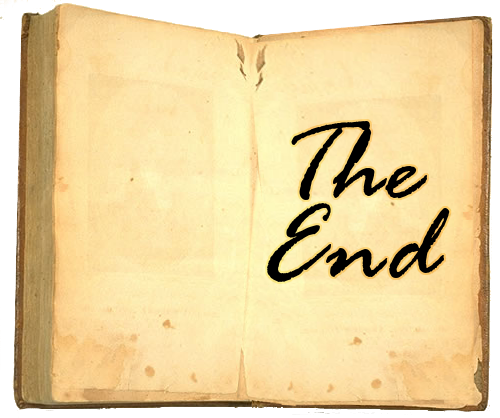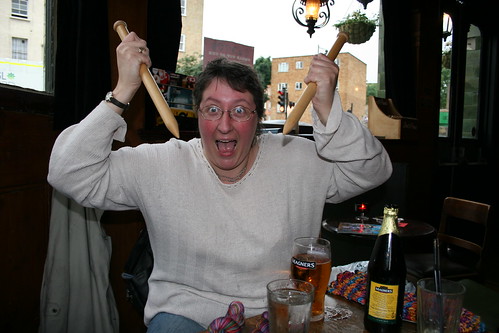Earlier this month I wrote about my plan to finish the first draft of my WIP by the end of this month. Plan B was to not beat myself up if I didn’t get there.
Well, here we are at the end of the month, and the first draft is still incomplete. But here’s what I learned:
1) I am rubbish at estimating. Making up a novel’s worth of story is time-consuming, and so is writing it all down by hand.
I underestimated both the amount of story left and the amount of time necessary to tell it. One week in, I realized that short of some miracle on the time-space continuum, I wasn’t going to finish the novel in August. But:
2) Having a concrete goal ups productivity, whether the goal is reachable or not. Despite being fairly certain I couldn’t reach my goal, I had some record-breaking weeks in terms of how much I managed to create. Personal Best is still an achievement.
3) Doing a big push to the end is something you should plan ahead for – like NaNoWriMo. Picking a month which is already full of Things Happening (including major family events, visitors, and travel) is not a good choice. Full marks for enthusiasm, but Could Do Better on common sense.
4) I am actually capable of focussing on the positive (look how much I wrote!) and not solely on the negative (I failed to meet my goal). I feel healthier in head and heart as a consequence, and not afraid to set goals for myself in the future, because I know I’m not going to knock the stuffing out of myself if I don’t get to the finish line on time.
Plan B: success! and hopefully a success that will continue long after the WIP is finally finished.
So on I run…
What has life been teaching you lately? Pass it along!









